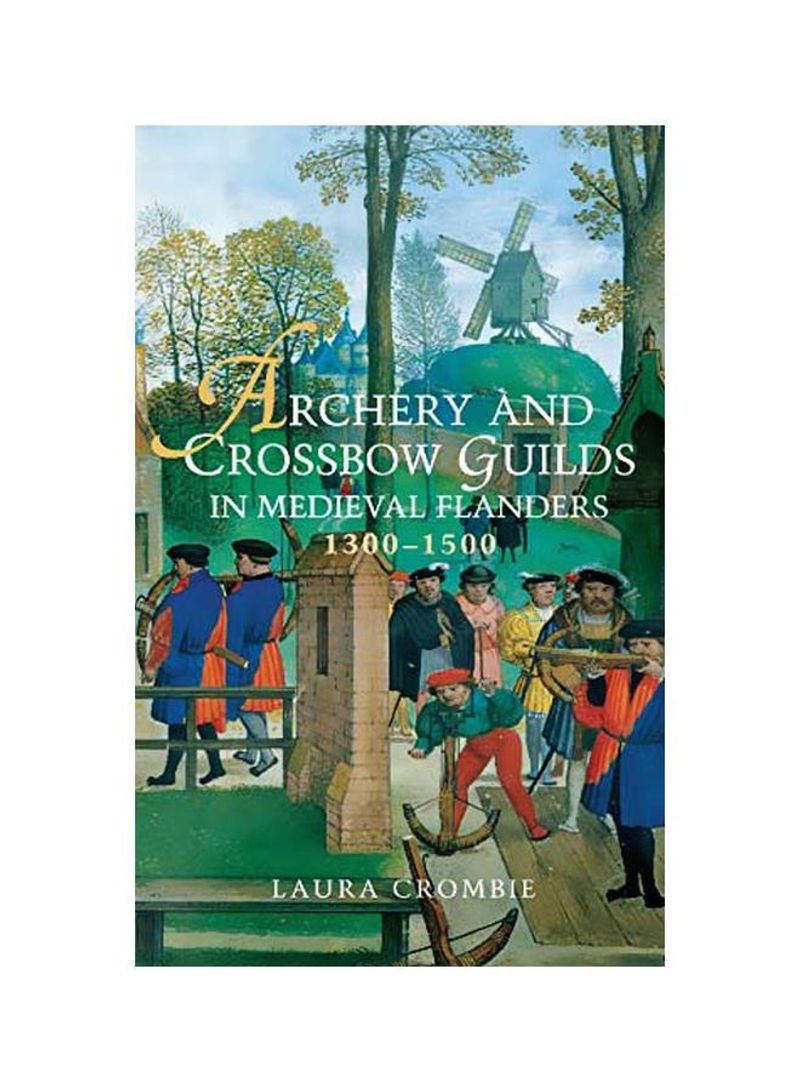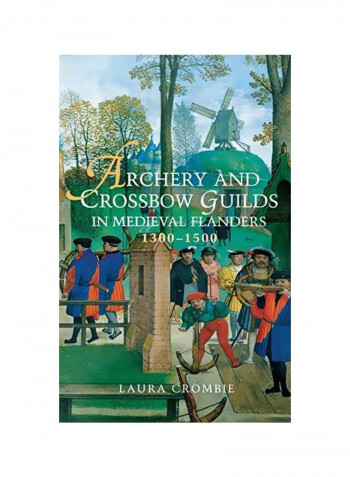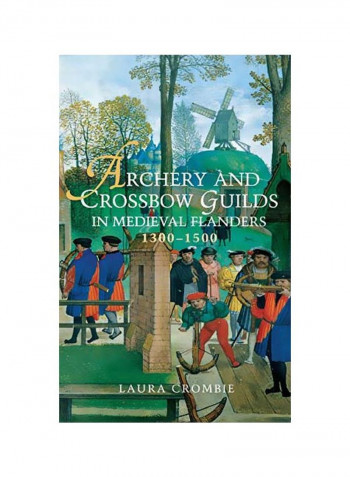Archery And Crossbow Guilds In Medieval Flanders 1300-1500 Hardcover
Recommend
Sort by
Rating
Date
Specifications
Author 1
Laura Crombie
Book Description
The notion of "guilds" in civic society might conjure images of craft guilds, the organisations of butchers, bakers or brewers set up to regulate working practises. In the towns of medieval Flanders, however, a plethora of guilds existed which had little or nothing to do with the organisation of labour, including chambers of rhetoric, urban jousters and archery and crossbow guilds. This is the first full-length study of the archery and crossbow guilds, encompassing not only the great urban centres of Ghent, Bruges and Lille but also numerous smaller towns, whose participation in guild culture was nonetheless significant. It examines guild membership, structure and organisation, revealing the diversity of guild brothers - and sisters - and bringing to life the elaborate social occasions when princes and plumbers would dine together. The most spectacular of these were the elaborate regional shooting competitions, whose entrances alone included play wagons, light shows and even an elephant! It also considers their social and cultural activities, and their important role in strengthening and rebuilding regional networks. Overall, it provides a new perspective on the strength of community within Flemish towns and the values that underlay medieval urban ideology. Laura Crombie gained her PhD from the university of Glasgow; she is currently a teaching fellow in medieval history at the University of Leicester.
ISBN-13
9781783271047
Language
English
Publisher
The Boydell Press
Publication Date
24 June 2016
Number of Pages
272
About the Author
A well-written, original and thought-provoking book. URBAN HISTORY This is an important study of groups that have all too often been regarded as colorful but marginal institutions. . . . [This] rich study offers a new angle of vision on medieval Flanders and suggests areas worthy of further study. SIXTEENTH CENTURY JOURNAL [An] excellent study.....This is an important book on a topic that most earlier literature has dealt with only superficially or in local studies. HISTORY A welcome addition [and] very readable. THE RICARDIAN With numerous examples and an eye for relevant detail Crombie offers us the first study integrally devoted to a comparative study of these Flemish guilds. Furthermore, she uses abundant secondary literature, and, more importantly, interesting source material, of which much was never consulted before by historians. In sum, Crombie has written an important work for scholars of guild activities and urban Flanders in particular, and late medieval community life in general. RENAISSANCE QUARTERLY



